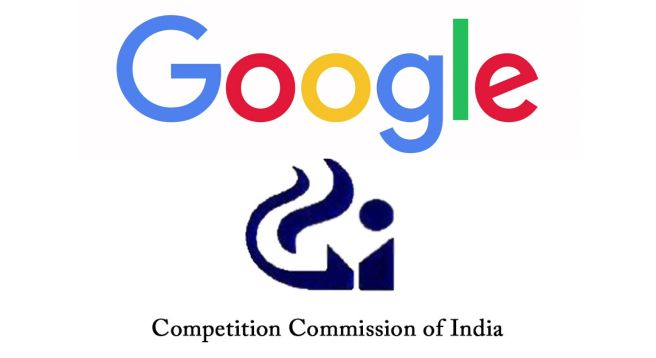India’s competition regulator said on Thursday it has fined Alphabet Inc’s Google Rs. 13.38 billion ($161.95 million/Rs. 1337.76 crore) for anti-competitive practices related to Android mobile devices.
The Competition Commission of India (CCI) also ordered Google not to offer any incentives to smartphone makers for exclusively carrying its search services, a Reuters reports stated.
Google did not immediately respond to a request for comment.
Google is facing a series of antitrust cases in India and stricter tech-sector regulations. India’s competition watchdog is also looking into Google’s business conduct in the smart TVs market and its in-app payments system.
Google’s Android operating system powers 97 percent of India’s 600 million smartphones, according to Counterpoint Research.
Meanwhile a CCI statement on its website, accessed by Indianbroadcastingworld.com, also showed that the regulator has
directed Google to modify its conduct within a defined timeline.
“The Commission in the instant matter has examined various practices of Google w.r.t. licensing of this Android mobile operating system and various proprietary mobile applications of Google (e.g. Play Store, Google Search, Google Chrome, YouTube, etc.),” The CCI statement pointed out, adding that it delineated the following five relevant markets in the present matter:
# Market for licensable OS for smart mobile devices in India.
# Market for app store for Android smart mobile OS in India.
# Market for general web search services in India.
# Market for non-OS specific mobile web browsers in India.
# Market for online video hosting platform (OVHP) in India.
Justifying its order, CCI stated: “During the course of inquiry, Google argued about the competitive constraints being faced from Apple. In relation to understanding the extent of competition between Google’s Android ecosystem and Apple’s iOS ecosystem, the Commission noted the differences in the two business models which affect the underlying incentives of business decisions.
“Apple’s business is primarily based on a vertically integrated smart device ecosystem, which focuses on sale of high-end smart devices with state of the art software components. Whereas Google’s business was found to be driven by the ultimate intent of increasing users on its platforms so that they interact with its revenue earning service i.e., online search which directly affects sale of online advertising services by Google.
“Further, in relation to app stores, the Commission noted that the demand for the same, come from three different sets of consumers i.e. (a) smart device OEMs who wish to install an app store to make their smart devices commercially viable and marketable; (b) app developers, who want to offer their services to the end users; and (c) end users to wish to access app stores to access content or avail other services. The Commission examined the substitutability between Google’s Play Store for Android OS and Apple’s App Sore for iOS from the perspective of all three demand constituents and found that there is that no substitutability between Google’s Play Store and Apple’s App Store.”
It further stated that in relation to computation of penalty, the Commission noted there were “glaring inconsistencies and wide disclaimers in presenting various revenue data points by Google”.
However, in the interest of justice and with an intent of ensuring necessary market correction at the earliest, the Commission “quantified the provisional monetary penalties on the basis of the data presented by Google”.
Google has been given 30 days to provide the requisite financial details and supporting documents.
 Vaz, Mani, Gupta to head 3 verticals of RIL-Disney India merged entity
Vaz, Mani, Gupta to head 3 verticals of RIL-Disney India merged entity 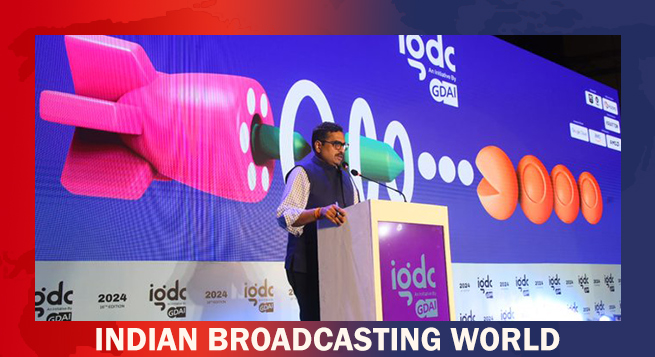 Govt & industry to prime gaming space for global dominance: MIB Secy Jaju
Govt & industry to prime gaming space for global dominance: MIB Secy Jaju 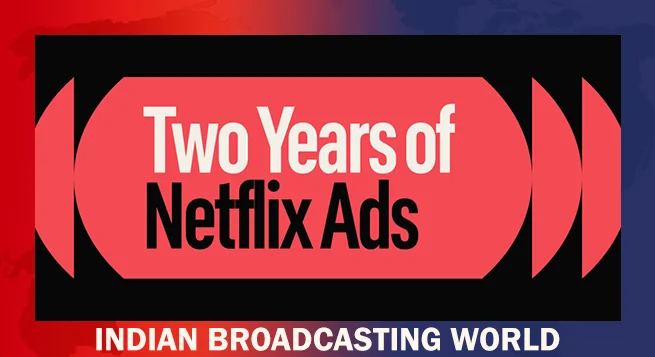 Netflix ad-supported tier touches 70mn MAUs globally
Netflix ad-supported tier touches 70mn MAUs globally 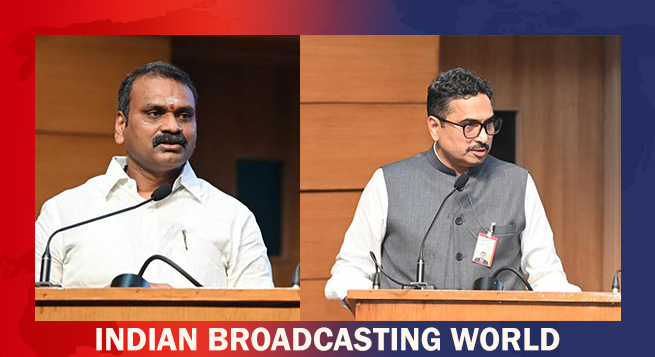 Minister Murugan likens IFFI to Cannes fest; ‘Better Man’ opening film
Minister Murugan likens IFFI to Cannes fest; ‘Better Man’ opening film  Nickelodeon extends #HappyKidding campaign
Nickelodeon extends #HappyKidding campaign  WBD celebrates kids with enchanting lineup
WBD celebrates kids with enchanting lineup  Nikkhil Advani: SonyLIV’s ‘Freedom at Midnight’ chronicles Indian history
Nikkhil Advani: SonyLIV’s ‘Freedom at Midnight’ chronicles Indian history 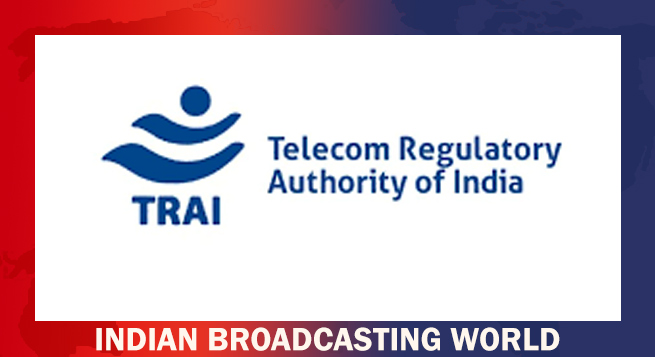 TRAI deadline for submission on ground-based b’casters extended
TRAI deadline for submission on ground-based b’casters extended  Prime Video to premiere ‘Rana Daggubati Show’ Nov 23
Prime Video to premiere ‘Rana Daggubati Show’ Nov 23 


